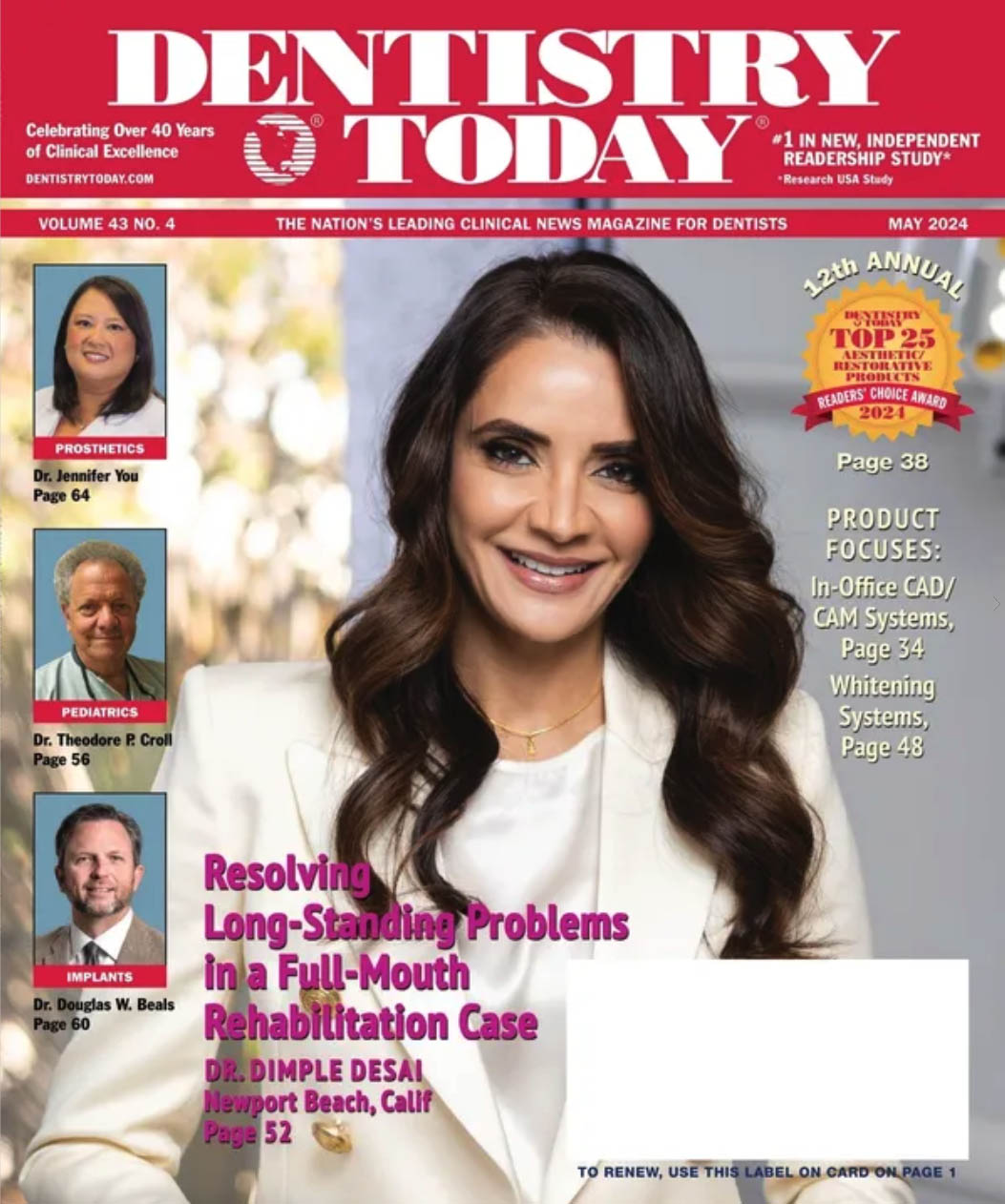Researchers have found evidence that the amount of bacteria in subgingival plaque may contribute to an individual’s risk of a heart attack, according to 2 studies appearing the Journal of Periodontology. These 2 studies further researchers’ understanding that periodontal bacteria may increase the risk for heart disease. In one study, researchers looked at 150 individuals with periodontal diseases and found that the total number of periodontal bacteria in subgingival plaques was higher in individuals that have suffered from an acute myocardial infarction. The second study found that the same DNA from different kinds of periodontal bacteria in plaque was also in the patients’ heart arteries. Researchers believe that these findings may help substantiate what they have long known: if there is a sterile pathway such as a bloodstream near a periodontally infected area, the bacteria from this infected area cause inflammation in the gums that opens up pores in the surrounding blood vessels, which enables the bacteria to enter the bloodstream, travel to other parts of the body, and cause great harm. These studies represent 2 in a large body of research that investigates the possible link between periodontal diseases and other systemic conditions such as heart disease.
(Source: American Academy of Periodontology, May 2005).








